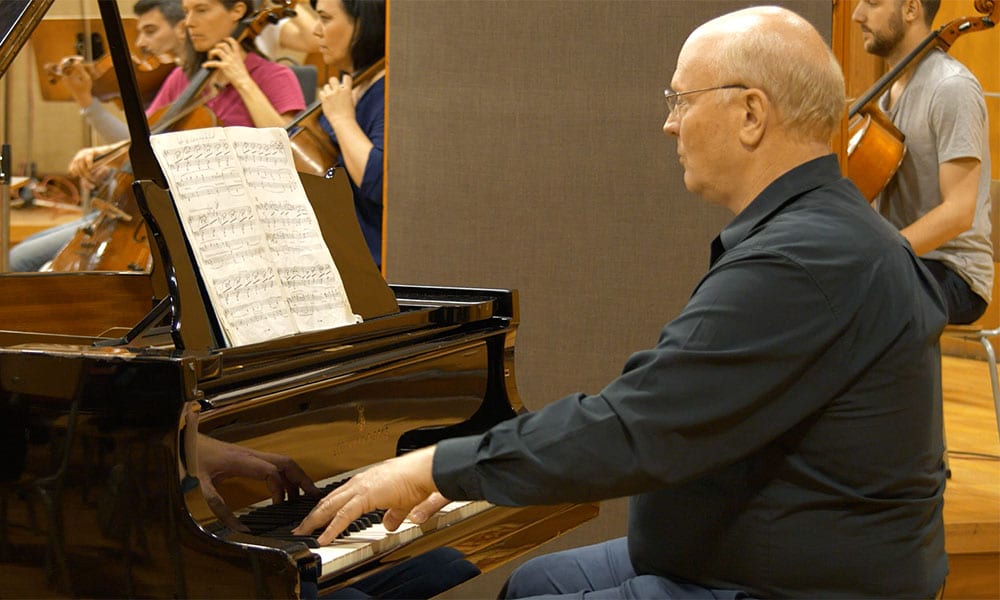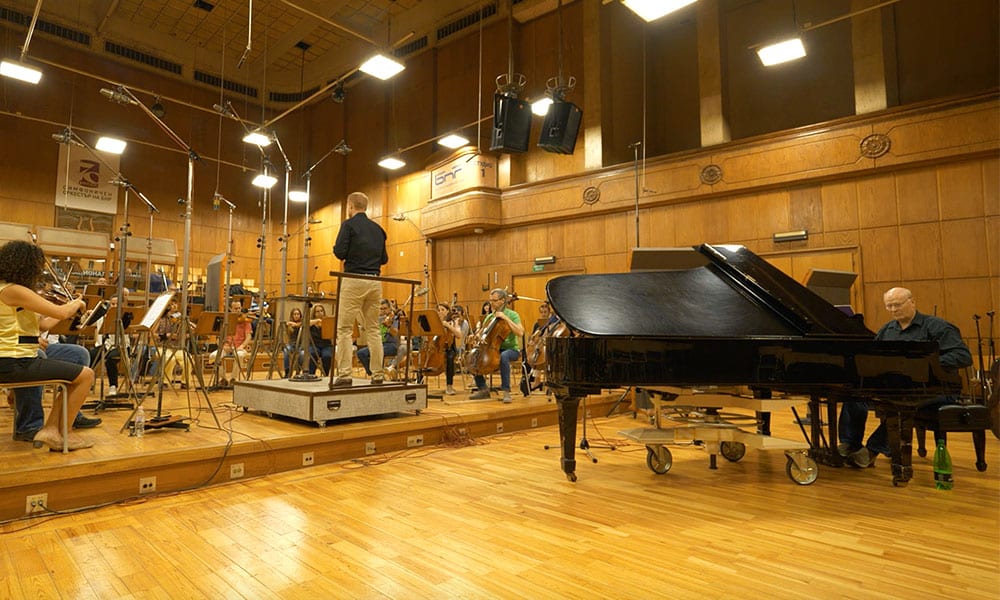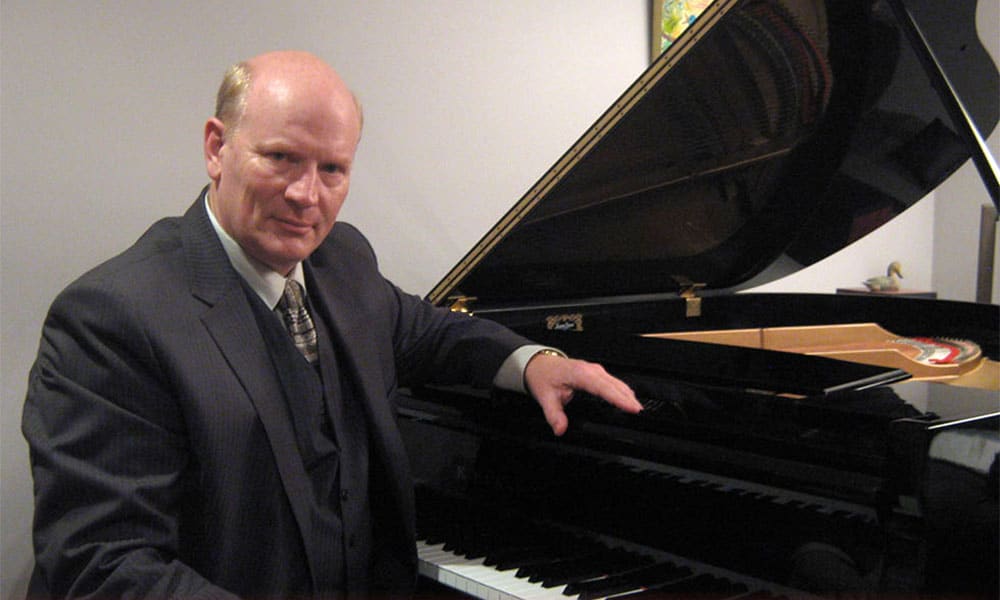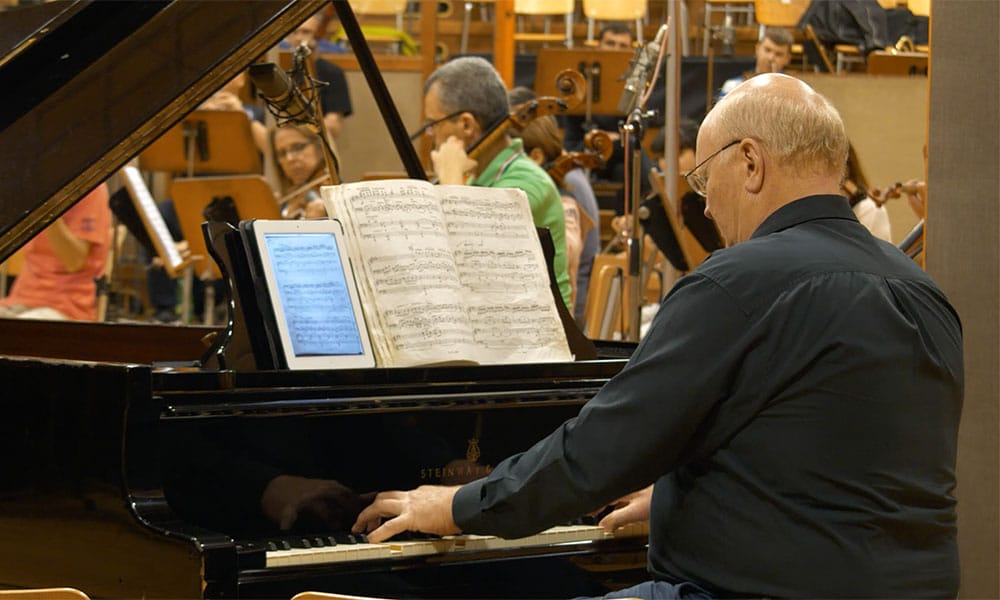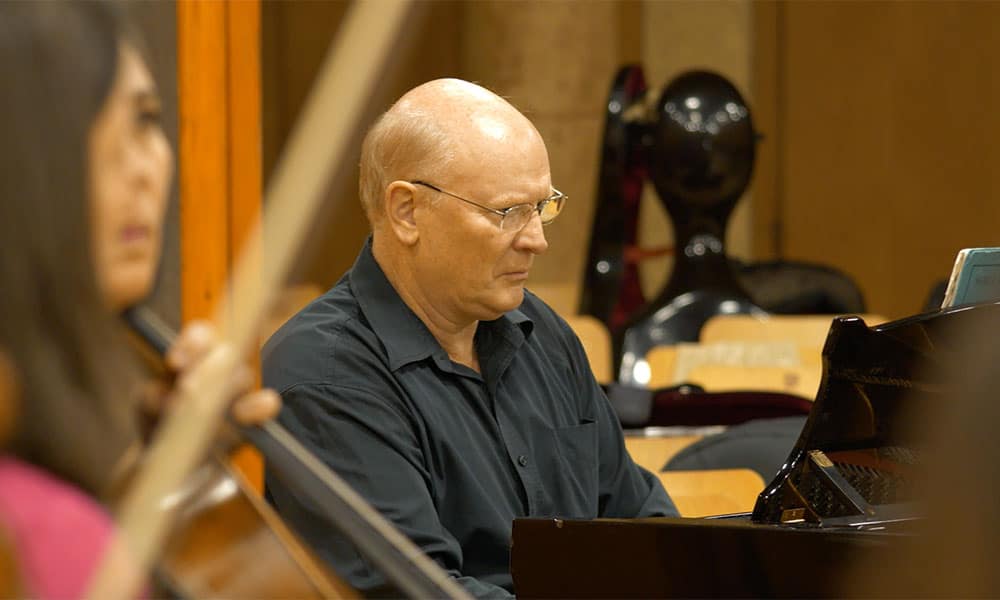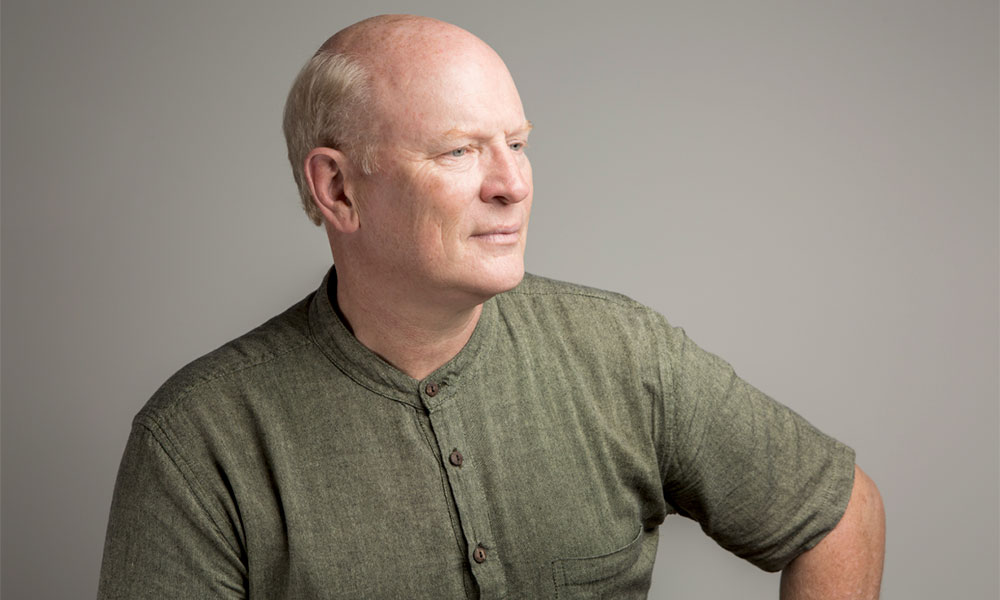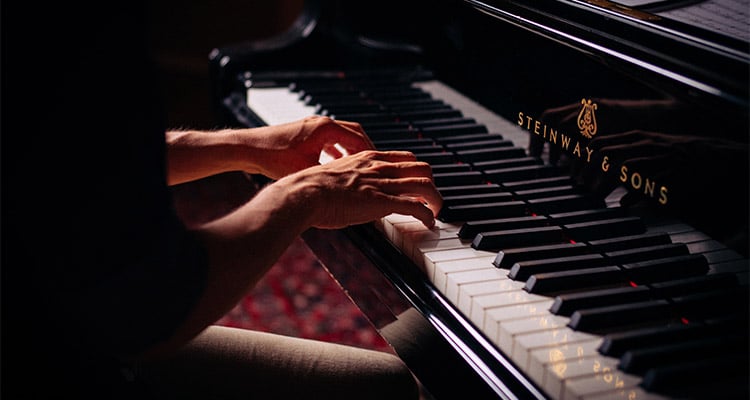About Singing Logic
share your voice
How Does Singing Work?
Singing is a skill that some of us appear to have “naturally” while others think (for example) that they’re ‘tone deaf’.

However, all of us regularly use the basic resonant sounds of singing in daily communication. The strength of Singing Logic is in showing how to connect this simple sound to the absolutely fundamental elements of breath management, sound placement and singing control.
Here at Singing Logic you will learn quickly, concisely and rationally how to think your way into singing through an understanding of the fundamental elements.
Singing is simply an ability to marshall and control simple sounds that all human beings can make – and do make regularly.
Singing Logic is completely style neutral. It does not matter whether you sing pop, jazz, blues, gospel, country, musicals or classical, the skills that you need are the same. While Julian’s personal interest is classical music, he has decades of experience teaching singers of all types of music.
First learn to sing, then to sing a song.
About Your Tutor – Julian Bailey
Julian has been teaching singing since the 1980's.
He has been singing a whole lot longer than that! I sang for a decade as a treble, and eventually learned how to progress to my adult tenor voice when my voice 'broke'. I well understand how to manage that transition for a young male singer. However, that understanding was only reached after some years of tuition from teachers who used 'traditional' methods that often did not help! I slowly developed a system of explanation and basic training in sound creation that I call Singing Logic.
The idea is that you learn to recognise and control your own sounds, without requiring the input of your teacher at every step. Singing Logic works equally well for male and female voices, in all vocal styles.
Why the motorbike? Singing is pretty difficult to 'picture', but it is definitely about being a free spirit and following your dream. In another part of my life - motorcycling - these elements, together with a bit of risk taking, are always present! I have been singing as long as I have played the piano - and over that journey I realised that the way a pianist or an instrumentalist thinks about making musical sounds is quite different to the way a singer thinks about controlling their own sound. Most teachers are not familiar with both sides of that coin. Singing teachers are not good at assisting established musicians to sing better - but Singing Logic excels in that space.
More to the point, whether you are a student at the keyboard or a singer, the real secret to learning from your teacher is the teacher's ability to explain what you need to do to improve. My methods in both areas are explicit and logical, systematic, realistic, and effective. They make sense!
It is one thing to have the urge to sing, but not always is that enough, for all that your enthusiasm is important. Knowing what to do, and undoing the miss-steps that language causes when (for example) you try to sing 'with your voice' ... unlearning that use of language produces significant improvements in the very short term. Julian has a unique and approachable way of explaining.
Your learning will be through a growth in your understanding, which is not achieved simply through imitation of your teacher!
Julian is now a grandfather of two, and proud parent of three young people. He has a current Working With Children Check. Oh - back to the motorcycle, and perhaps an insight into my lateral view of how things are connected: I did love the 'V', which is my middle initial! 🙂

Watch Julian Play
Listen to Julian Perform
Rachmaninov - Little Island Mixed
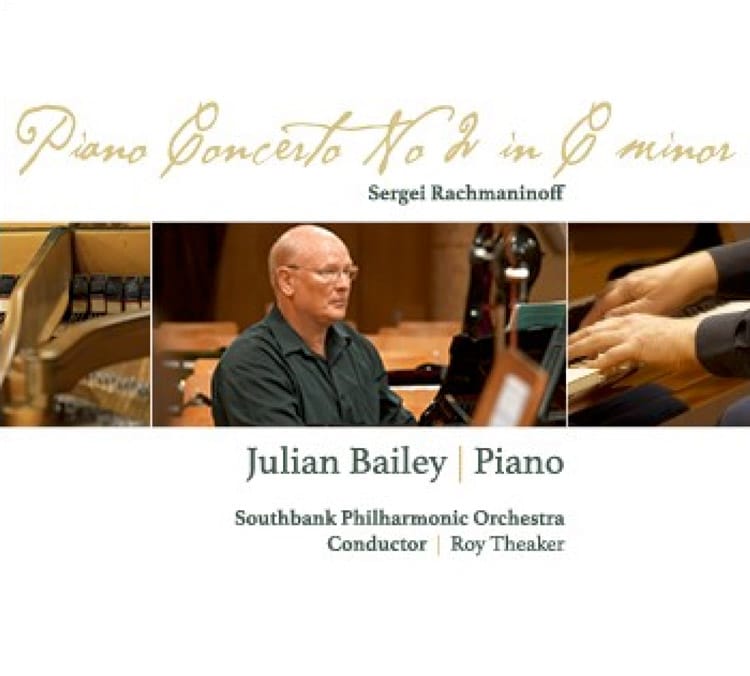
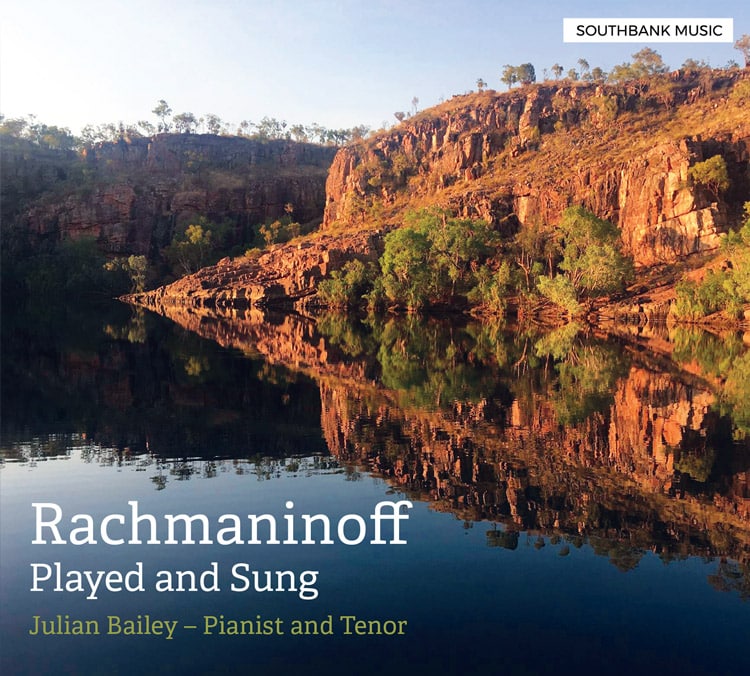
Singing Logic Lessons
For Beginners & Non Singers
For Developing Singers
For Experienced Singers
Piano Lessons
Ready to Sing with Confidence?
(Singing Logic) has provided me with the tools to build each performance (and) made me aware of not only the kinds of sounds I am making, but how to consistently make these sounds... I would equate (Singing Logic) with learning a new language. First you must start with the seemingly minute details and keep building from there. At first these details may seem irrelevant... it is only when you consolidate this knowledge that you realise how important and pivotal these details can be.
Before taking these (group) classes I had sung in school long ago, but had never had any singing lessons. All we did in choirs was learn and perform songs. I had no preconceptions about what singing classes might be like... Julian has told us that anyone can learn to sing, and we believe him. Julian is extremely patient and encouraging. Julian tells us - individually, and in front of the class - when we have been sloppy with technique. But he does it so honestly and kindly that it does not embarrass or belittle us...It is hard work singing: there is so much to think about.
Over the course of my first singing lesson, my ideas of how and where the sound is produced, how it leaves the body and the fundamentals of breathing were completely challenged and proved to be totally incorrect... All in all I was surprised at how misconceived my ideas were on how one sings!

